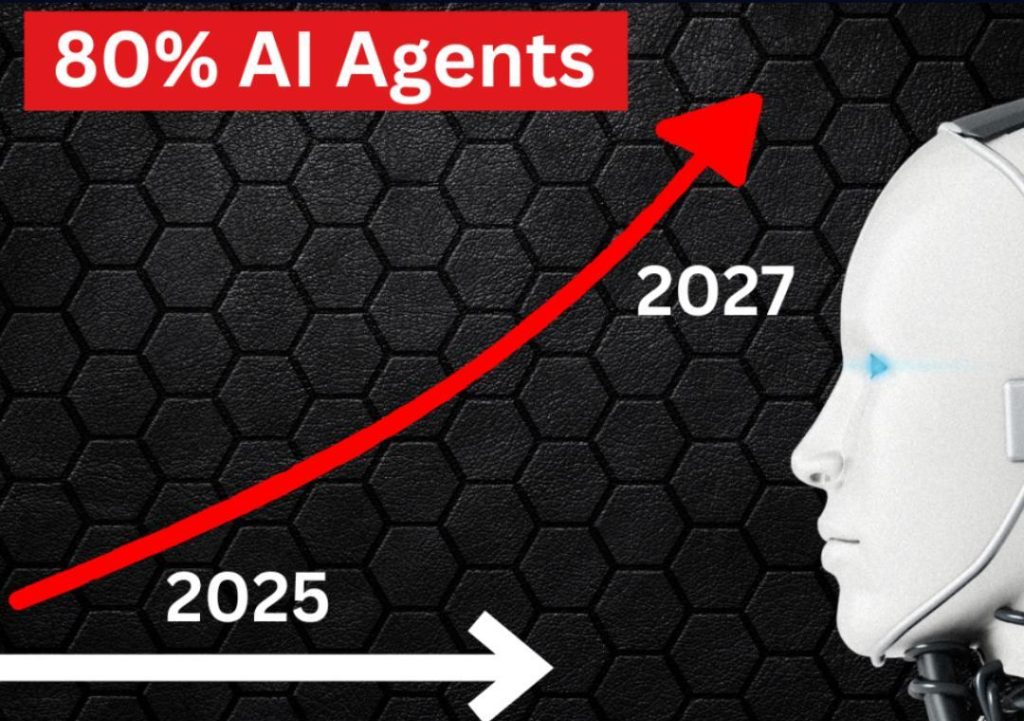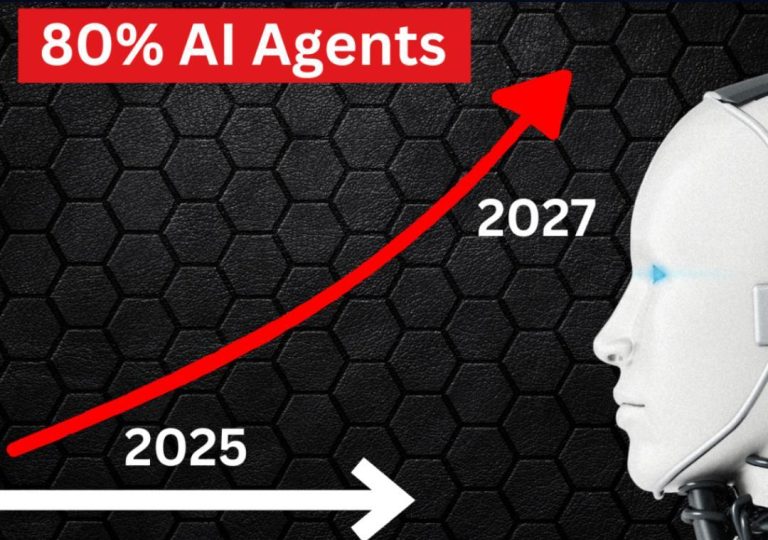
80% of Analysts’ Time Can be Automated Now
The world of data analysis has undergone a significant transformation in recent years. With the advent of advanced technologies like artificial intelligence (AI) and machine learning (ML), the process of data analysis has become more efficient, accurate, and faster. One of the most significant advantages of these technologies is their ability to automate repetitive and mundane tasks, freeing up analysts to focus on high-impact creative strategy.
According to a recent study, up to 80% of analysts’ time can be automated now. This is made possible by the introduction of Deep Data Copilot, a revolutionary tool that interprets metrics, flags anomalies, and suggests next steps. With Deep Data Copilot, marketers can finally say goodbye to the tedious task of wrangling multiple dashboards, fragmented data sources, and manual spreadsheet work.
In this blog post, we will explore the benefits of automating data analysis tasks and how Deep Data Copilot can help marketers achieve their goals more efficiently.
The Challenges of Data Analysis
Data analysis is a crucial aspect of any business. It helps businesses make informed decisions, identify trends, and optimize their operations. However, the process of data analysis is often time-consuming, labor-intensive, and prone to errors. Analysts spend a significant amount of time collecting, cleaning, and processing data, which leaves little time for critical thinking and strategy development.
The challenges of data analysis are numerous. For instance, analysts often have to deal with fragmented data sources, which can lead to inconsistencies and inaccuracies. They also have to spend a significant amount of time creating reports and dashboards, which can be a tedious and time-consuming process.
The Benefits of Automation
Automating data analysis tasks can have a significant impact on an organization’s productivity and efficiency. By automating repetitive and mundane tasks, analysts can focus on high-impact creative strategy and decision-making. This can lead to improved decision-making, increased productivity, and reduced costs.
Some of the benefits of automating data analysis tasks include:
- Improved accuracy: Automation can reduce the risk of human error, which is a major issue in data analysis.
- Increased productivity: Automation can help analysts focus on high-value tasks, such as strategy development and decision-making.
- Reduced costs: Automation can reduce the need for manual labor, which can lead to significant cost savings.
- Faster reporting: Automation can help analysts produce reports and dashboards faster, which can improve decision-making and reduce the time it takes to respond to changing market conditions.
Deep Data Copilot: The Solution
Deep Data Copilot is a revolutionary tool that interprets metrics, flags anomalies, and suggests next steps. It is designed to automate up to 80% of analysts’ reporting tasks, freeing up time for high-impact creative strategy and decision-making.
Some of the key features of Deep Data Copilot include:
- Automatic data processing: Deep Data Copilot can automatically process large amounts of data, which can save analysts a significant amount of time.
- Advanced analytics: Deep Data Copilot includes advanced analytics capabilities, such as machine learning and natural language processing, which can help analysts identify trends and patterns in their data.
- Real-time reporting: Deep Data Copilot can produce real-time reports and dashboards, which can help analysts respond quickly to changing market conditions.
- Integration with existing tools: Deep Data Copilot can integrate with existing tools and platforms, which can reduce the need for manual labor and improve efficiency.
Case Study: How Deep Data Copilot Can Help Marketers
To demonstrate the benefits of Deep Data Copilot, let’s consider a case study. A large e-commerce company was struggling to analyze its customer data. The company had a team of analysts who spent hours each week collecting, cleaning, and processing data. Despite their best efforts, the analysts were unable to identify trends and patterns in the data, which made it difficult for the company to make informed decisions.
After implementing Deep Data Copilot, the company was able to automate up to 80% of its reporting tasks. The tool automatically processed large amounts of data, flagged anomalies, and suggested next steps. The analysts were able to focus on high-impact creative strategy and decision-making, which led to significant improvements in customer engagement and sales.
Conclusion
Automating data analysis tasks can have a significant impact on an organization’s productivity and efficiency. Deep Data Copilot is a revolutionary tool that interprets metrics, flags anomalies, and suggests next steps. By automating up to 80% of analysts’ reporting tasks, Deep Data Copilot can free up time for high-impact creative strategy and decision-making.
In this blog post, we have explored the benefits of automating data analysis tasks and how Deep Data Copilot can help marketers achieve their goals more efficiently. We have also considered a case study that demonstrates the benefits of Deep Data Copilot.
If you are interested in learning more about Deep Data Copilot, please visit our website. We would be happy to provide you with more information and answer any questions you may have.
News Source






